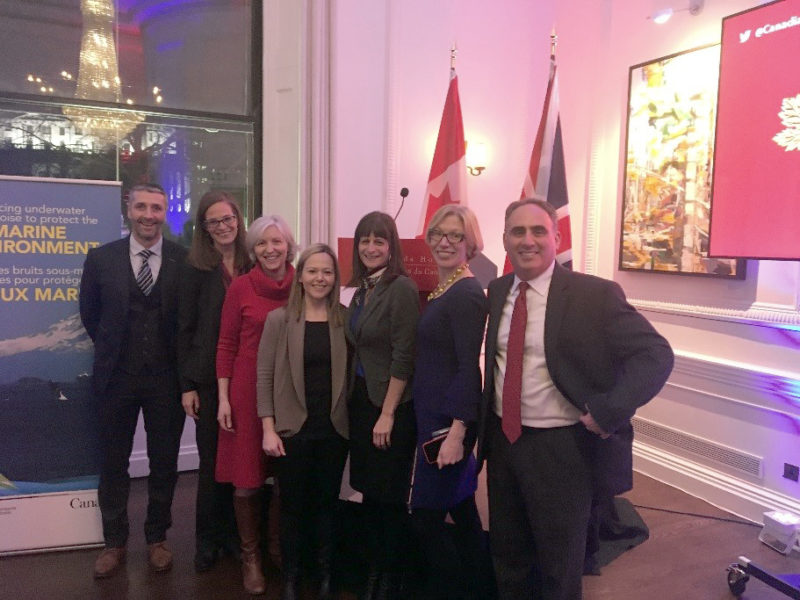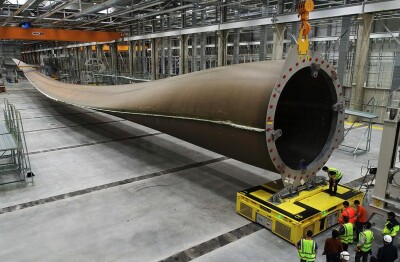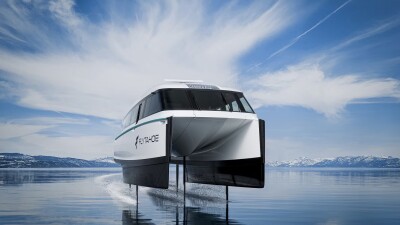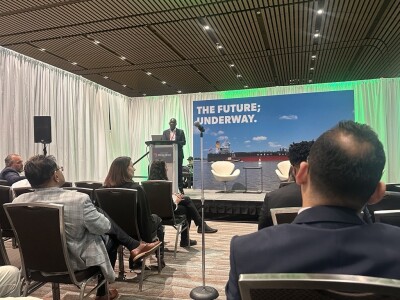Acentech, a Cambridge, Mass.-based noise, vibration and acoustical consulting firm, has issued its final report to Transport Canada on the three-day quiet ship designs technical workshop held at the International Maritime Organization headquarters (IMO) in London Jan. 30-Feb. 1.
The workshop was chaired by Acentech principal consultant Michael Bahtiarian, who also authored the report “Quieting ships to protect the marine environment.”
The technical workshop’s final report was issued April 19 and is available to the public by emailing Transport Canada at [email protected].
Over 140 subject-matter experts from around the world gathered at this event for two and a half days. The purpose of the workshop was to identify the state of knowledge on quiet ship design, provide an opportunity for international collaboration, and exchange research ideas.
Elevated anthropogenic underwater radiated noise (URN) in the oceans has been a known issue since the early part of the 21st century, and marine biology researchers have determined that the increase in underwater-radiated noise has multiple negative impacts on various species of marine life.
For Canada, this issue is part of a broader concern with the health of the oceans and waterways that surround the country and its marine eco-systems. Canada’s oceans are home to 42 distinct populations of whales, in particular, the Southern Resident Killer whale, the St. Lawrence Estuary Beluga and the North Atlantic Right whale, one of the most endangered of all large whale species.
The key segments of the workshop were the breakout and plenary discussions. The areas of discussion included: marine biology impacts, propeller and hull design, machinery noise control, and predictive tools and measurements. The breakout groups produced a large number of ideas and concepts aimed at solving the problem of excessive ship/shipping noise. Some of the key policy and research recommendations that came out of the event include the following:
- Biological URN limits are not available at this time, and therefore ship-based URN limits should be studied.
- Noise mitigation measures should align with efforts to improve energy efficiency and reduction of Greenhouse Gas (GHG) emissions.
- Continue to gather vessel URN data to understand issues and validate modeling.
- Advance research on shipboard noise control technologies.
- A comprehensive framework of international standards for URN measurement should be developed.
- Increase education/outreach to ship owners, ship designers, shipbuilders, machinery, and equipment manufacturers.





